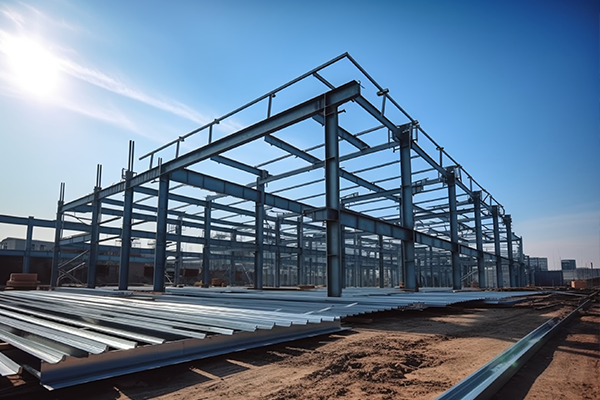ProductsDetails
Ordinary daylighting board
Ordinary lighting panels
Resin composition: isophthalic acid polyester
Surface treatment: Surface covered with Melinex301 film
Glass fiber: fiber content greater than 30%
Light transmittance: based on 1.2mm thickness: 90% (colorless), 70% (blue, green), 65% (white)
Temperature resistance limit: -45℃ to 140℃
UV resistance: can block more than 99%
Guarantee period: 15 years
Usage: Lighting of general industrial/civilian buildings.
Commonly used thicknesses are: 0.8mm, 1.0mm, 1.2mm, 1.5mm, 2.0mm, 2mm
1. PP material lighting panels are mainly used in packaging, decoration, insulation, and padding. They are green and environmentally friendly and are very popular in Europe, America and Japan!
2. PVC material lighting panels are mainly used in packaging, decoration, insulation, lighting, and touch pressing. They are green and environmentally friendly, acid-resistant, durable and alkali-resistant.
3. PC lighting panels are not resistant to acid, durability, or alkali, but are resistant to high temperatures and have good lighting effects. They can withstand high temperatures of 125 degrees and low temperatures of -40 degrees.
4. FRP glass fiber reinforced polyester lighting panels, honeycomb or solid panels made of polycarbonate, etc., can be divided according to shape into glass fiber reinforced polyester lighting panels with the same waveform as the roof panels (referred to as fiberglass lighting tiles) and others Flat or curved lighting panels are acid and alkali resistant for 20 years and are widely used in chemical corrosion areas.
Different lighting panels have different fixing methods.
The lighting panels are fixed with aluminum profile fasteners, and the corrugated lighting panels are connected and fixed with lighting panel brackets and self-tapping screws, and then sealed with glue. The location of the lighting panel is generally set in the middle of the span.
The lighting panel is connected to self-tapping screws and must have a cover plate. The solar panel deforms greatly due to cold and heat and is easily cut by self-tapping nails. Therefore, larger holes should be made in the solar panel where the self-tapping nails are driven. When installing lighting panels, consider the flexibility of the lighting panels.
Lighting panels do not need to be overlapped within 12m. Overlapping is required if it exceeds 12m. The overlap length is 200-400mm. Two layers of sealant are applied to the overlap. There is no need to close the edges for the horizontal overlap. The overlap of the longitudinal color steel plates requires a sign. type. Ordinary profiled steel plates generally do not need to be trimmed. They are directly fixed to the color plate with self-tapping nails and sealant is applied. The bite plate needs to be trimmed. The longitudinal overlap of the lighting panels should be set near the sandalwood strips. The conventional classifications of lighting panels include five types: economical, weather-resistant, heat-insulating, flame-retardant, and anti-corrosion. Commonly used specifications for lighting panels include: Type 750, Type 840, Type 820, Type 980, Type 950, Type 900, Type 475, Type 760, and more than 100 types of panels including 1m-1.2m wide flat panels.
 Recommended News
Recommended News
-
Say Goodbye to Water Leaks! Resin Tile Drip Edge: The "Invisible Guardian" Protecting Your
2025-07-19 04:14:16
-
Winter Workshop Turned "Ice Cave"? Time to Cover Your Roof with a "Thermal Blanket&quo
2025-07-16 11:08:03
-
Resin Tiles vs. Color Steel Tiles: How to Choose the Right Roof for Your Rural Self-Built Home?
2025-07-12 01:07:14
-
Why Don’t Color Steel Sheets Rust? The Secret Lies in Their "Metal Sun-Proof Coat"!
2025-07-03 03:12:00
-
GREEN Steel, AI Builders & Solar Skins: Future of Steel Construction!
2025-07-02 11:45:35
 Contact us
Contact us
—— Contact:Ms. Zhang
—— Tel:(+86)18399688883
—— Email:18399688883@163.com
—— Url:https://www.tianxingmaterials.com
—— Address:Horgos City, Ili Kazakh Autonomous Prefecture, Xinjiang, China







